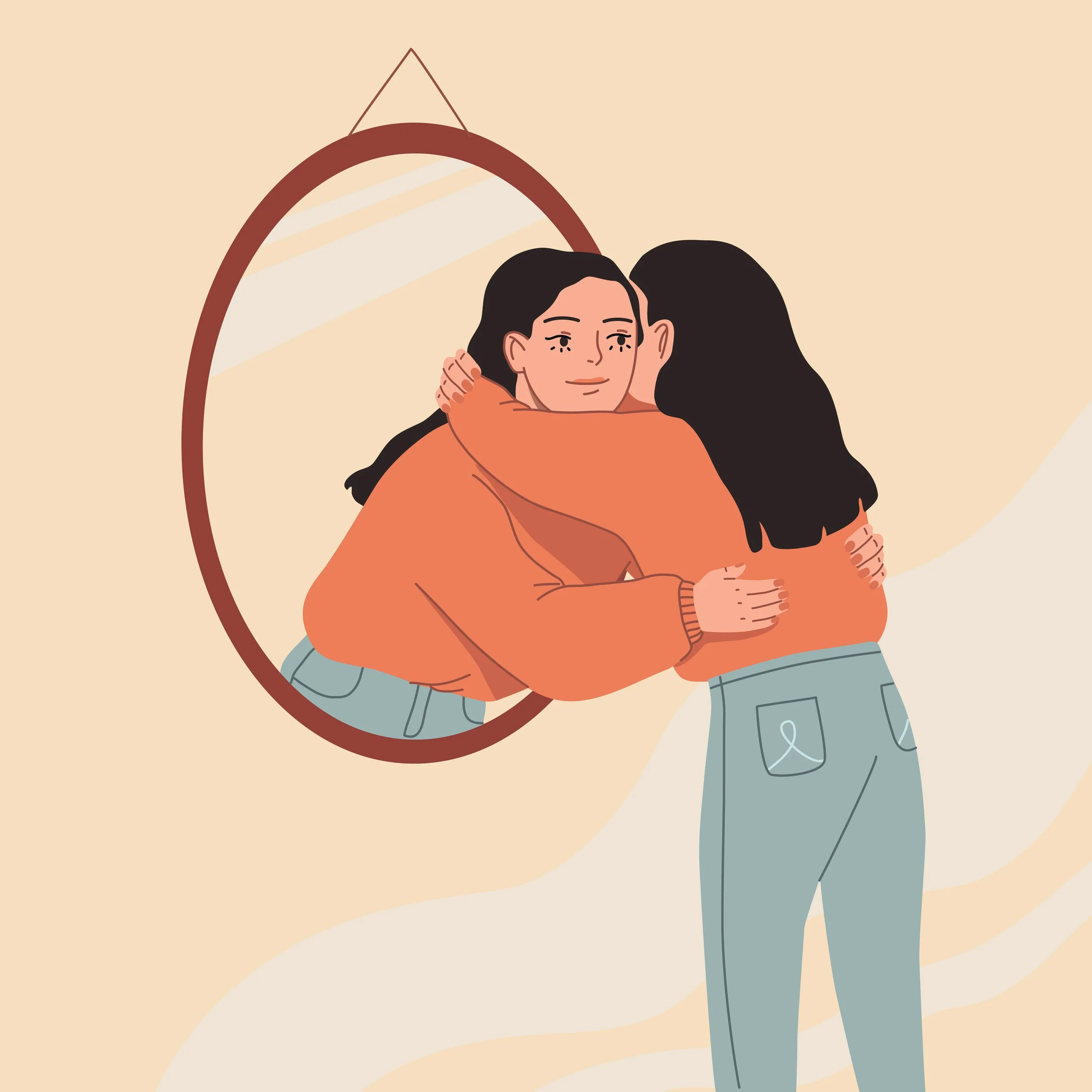The Myth of the Perfect Mom: How Comparison Fuels Anxiety
Motherhood today comes with a highlight reel. Perfect nurseries. Smiling babies in matching outfits. Moms who had time to shower and put real clothes on.
And yet, behind those filtered squares, there are countless mothers quietly asking themselves: Why can’t I keep up? Why do I feel like I’m failing?
Comparison is a thief — of presence, joy, and self-compassion.
Many new mothers tell me they feel constant pressure to be “enough.” Enough patience, enough milk, enough love, enough productivity. It’s an impossible standard, especially when we’re all juggling so many things — and it’s a common element of postpartum anxiety and depression that I often see in my practice.
Why Comparison Feels So Hard to Shake
Comparison is part of being human. Our brains are wired to look around and assess how we’re doing relative to other. It’s an old survival strategy. But in modern motherhood, that instinct collides with curated social media feeds, influencer culture, and well-meaning advice that’s often contradictory.
Instead of connection, we end up with self-doubt. Instead of perspective, we internalize pressure.
Each scroll reinforces the belief that we should be doing more, and doing it better. Even if we’re not searching for new tips, the algorithm often provides them to us, making us doubt aspects of parenting that weren’t even on our self-doubt radar!
How Comparison Fuels Anxiety
When we compare ourselves to an idealized version of motherhood, our nervous system responds as though we’re in danger.
We might notice:
Tightness in the chest or shallow breathing
Irritability or impatience with our baby or partner
Racing thoughts about what we “should” be doing
Guilt for not feeling grateful enough
Over time, this cycle chips away at self-trust. We stop tuning in to what we actually need and start performing motherhood instead of experiencing it.
Rewriting the Script
Your baby doesn’t need a perfect mom. They need you — attuned, imperfect, responsive, and real. The kind who gets down on the floor, makes mistakes, apologizes, and keeps showing up. That’s what builds secure attachment and emotional resilience.
When you catch yourself comparing, try this:
Notice the trigger. Was it social media? A comment? A belief about what “good mothers” do?
Name the feeling. “I feel anxious” or “I feel inadequate.” Naming helps your brain regulate.
Reframe it. “She’s doing what works for her. I’m doing what works for me.”
Recenter. Ask, “What matters most right now — to me and my family?”
Reduce exposure. Unfollow accounts that leave you feeling less-than. Curate your feed for connection, not comparison. Put a time limit on how long you spend on social media.
You are not behind. You are growing. And the mothers you admire are likely struggling too — they’re just not posting the messy parts.
Let’s stop chasing perfect and start celebrating human. That’s where connection — and healing — begin.

